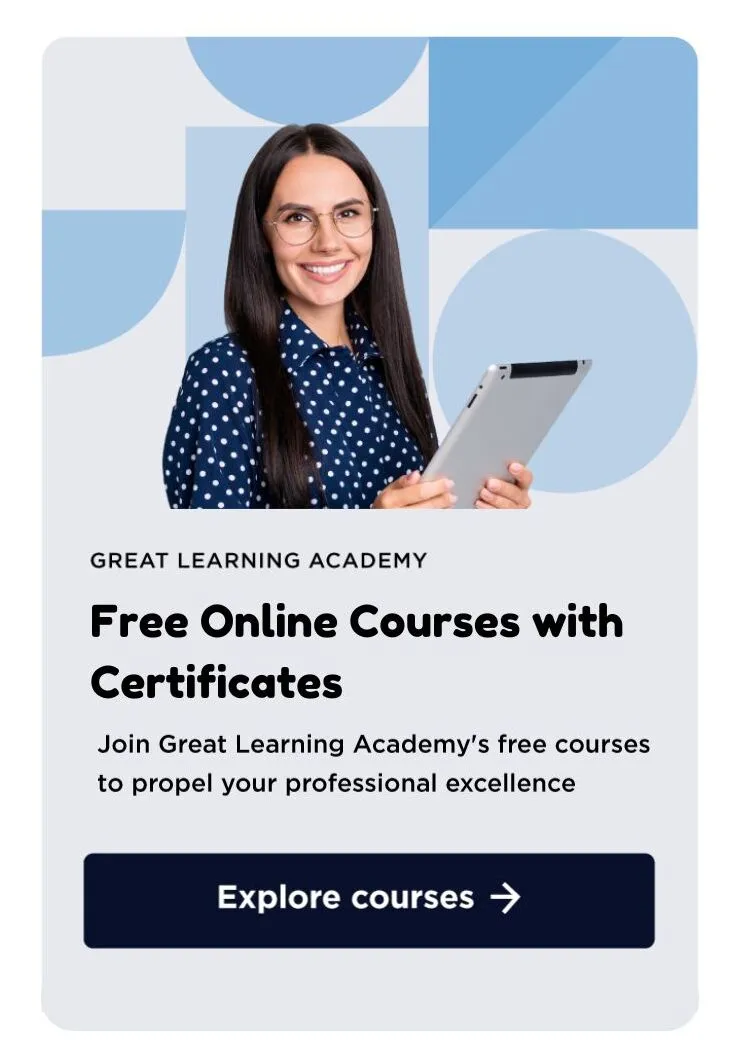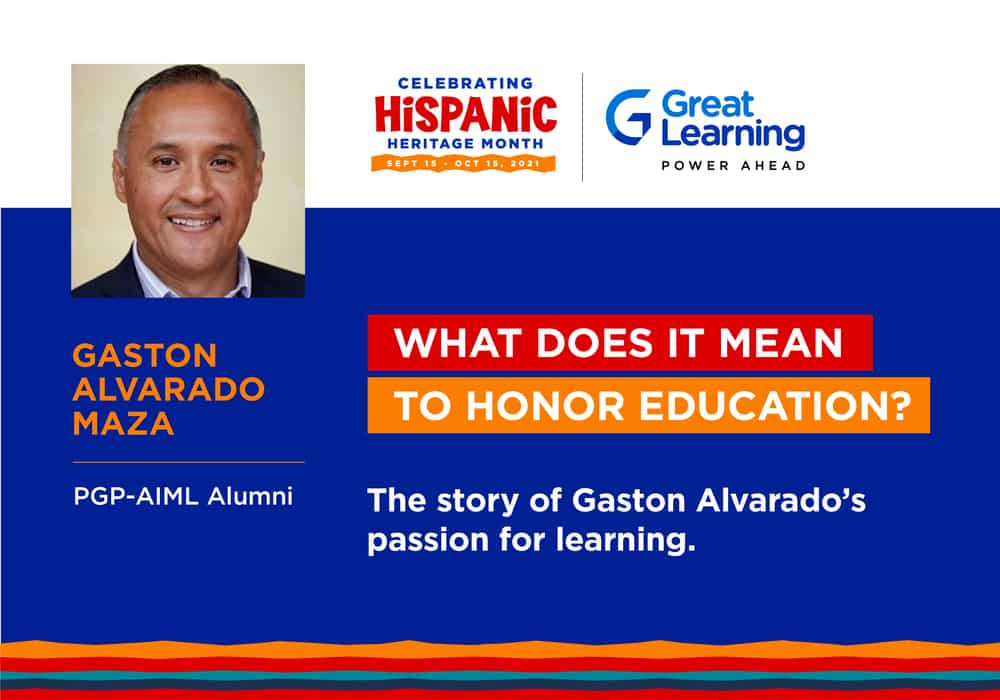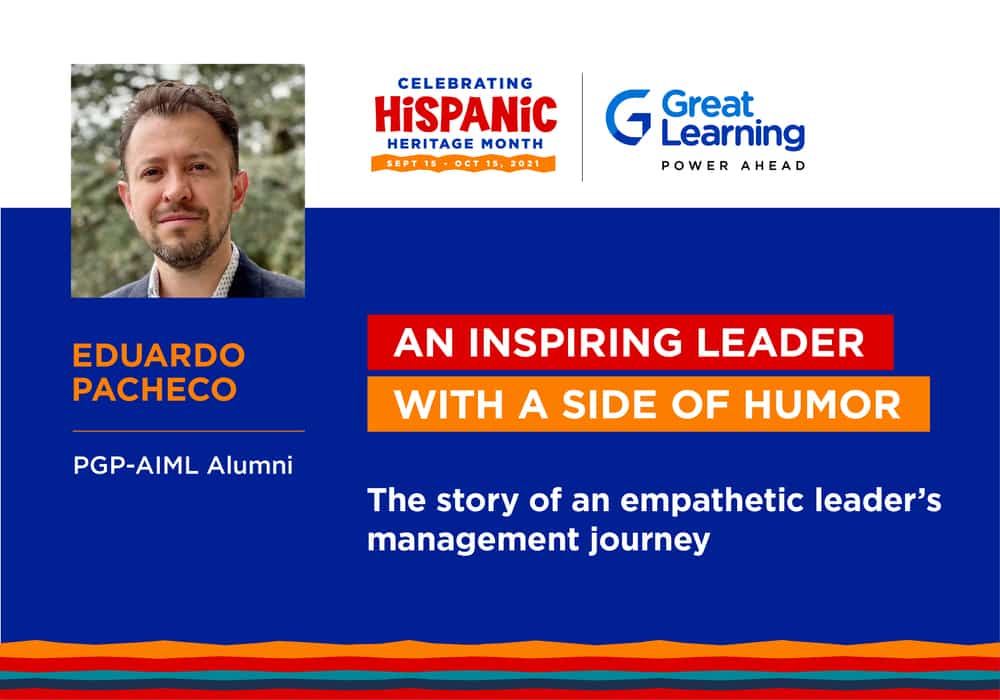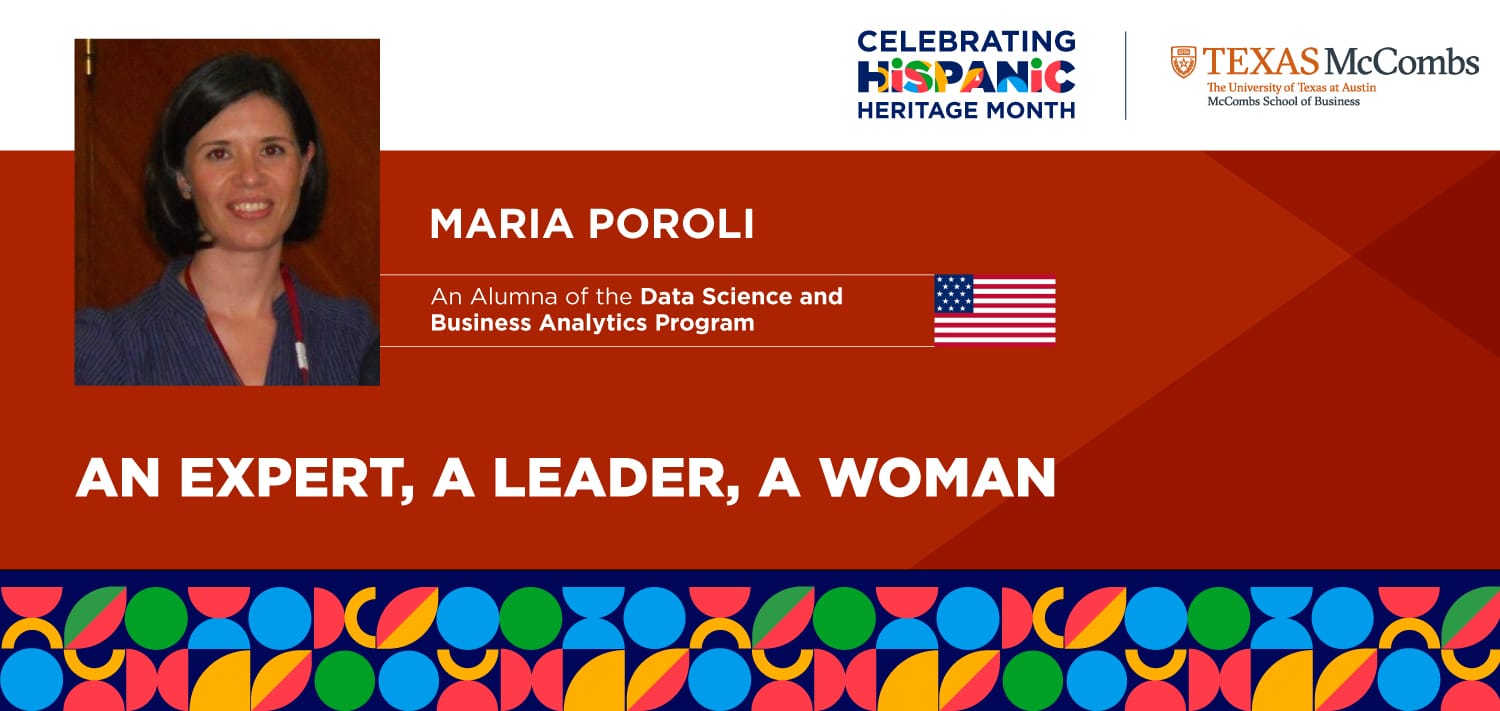Buried in the marks of memories are questions one often wonders – what is it that made me who I am today? The world we live in is an amalgamation of cultures, languages, people, and their experiences. Hispanic Heritage Month is a celebration of this intricate web of relationships – to acknowledge and honor where we come from and how it shapes us.
Meet one such wonderer – Gaston Alavarado Maza, born and raised in Mexico and currently living in the United States for the past decade. He works as a Global Category Manager at Materion Corporation.
As Gaston revisits some of the defining moments of his life, some things become increasingly clear for us – he values education, identity, and languages as some of the most important influences on his life. From his childhood to that of his children, he has attempted to adapt and learn as much as he can.
The Story of Evolution and Education
Raised in a low-income family, Gaston’s grandfather’s primary concern for his children was the ability to make a living. His father then focused on his children getting a professional education. With time, Gaston’s own experiences placed importance on not just attaining an education but also learning a language apart from Spanish. He earnestly calls this progression the “Evolution of Three Generations”.
“They would wake up at 04:00 AM to walk across the border and take a bus to school, using a special visa”
Education and learning are Gaston’s priorities for his children. He recounts living in a town on the border of US-Mexico for a job when he realized that the quality of life and education would be better for his kids in the US. What followed was an enrollment of his children into a private school across the border in the United States. They would wake up at 04:00 AM to walk across the border and take a bus to school, using a special visa. Going to such great lengths is a testimony to Gaston’s priorities and hard work. He recalls his childhood as an experience that has shaped his relationship with his children.
From attending a trade high school to pursuing an engineering degree in college, Gaston narrates how his father often made these decisions for him. This went on to become a factor that shaped his approach. He decided to give his children the freedom to choose whatever they wanted and support them no matter what.
Starting his career as a warehouse manager, Gaston went on to become a customer service manager and eventually an indirect procurement manager. The first company he worked for hired him straight out of college. Eventually moving to the United States in the early 2010s, Gaston was working for the Latin American region until 2015. A move to Ohio and a job change later, he was confronted with a cultural change in the workspace.
The Culture of Language
The cultural shock on the “labor side” as Gaston calls it, set in when he started working full-time in a “100% American culture”. From leadership styles and communication to the way meetings are conducted, the move meant Gaston had to relearn an entire way of corporate functioning.
“There are things that you might think are in some ways very small, but those are the day-to-day things you have to learn”, he remarked. “Through the years I had to be learning and changing the way I did things before, adapt to that (new way), and even improve myself on many different things.”
One of these day-to-day things which has become an important part of his priorities is language.
Gaston’s life experiences accentuate the effortlessness of communication when it takes place in a familiar language. With learning new ones, some challenges go beyond linguistics.
Gaston’s first exposure to using English was at the age of 18 and by 26, he started using it to communicate. He talks about the three versions of English he had to master-
“Typically…they teach you the kind of English you would use if you were a tourist…not the business language. I learned this touristy English. With her (Gaston’s wife, who is an American citizen), I’ve been able to improve and perfect my business English. It’s been a learning process to switch from the touristy language to the business language and eventually the day-to-day language.”
As he learned more and more of English, Gaston wanted to be able to understand 10 out of the 10 words he heard or read. These anecdotes reveal how we often forget the advantage of a first language – the effortlessness of it.
Gaston recalls one of the biggest life obstacles being realizing at one point that he might not be able to pay for his children’s education. Switching jobs to push through the crisis, he realized he needed to take that leap of faith. When asked about the American corporate landscape, he says the new generations of bicultural and bilingual professionals will “really make it great in the country.”
Celebrating the influence of his culture on his life is not just a means of understanding Gaston’s present. It is a celebration of all of how his life, and those of innumerable others, are shaped by the traditions, languages, and families we live with. We grow up learning languages and traditions that become second nature to us. If we are lucky enough to think like Gaston, we learn every day from the new cultures and traditions we find. At Great Learning, we believe in all the same things as Gaston – to be the best version of ourselves, we need to take leaps of faith and learn new things. In his own words, Gaston inspires us to take these leaps and power ahead with knowledge –
“Time is going to pass no matter what. It is your choice to decide to do something about it.”
Find out more about the PGP in Artificial Intelligence and Machine Learning.







